On 15 April, the outstanding young pianist Dániel Villányi will give a concert at the Bartók Spring Festival. We spoke to the composer who is preparing for the performance of two Bach suites, as well as a Bartók and a Prokofev sonata.
How did you organise the programme for this performance?
It wasn’t an expectation, but when I was asked to put together a concert programme for Bartók Spring, in my mind this “Bartókness” had to be the starting point. On the other hand, Russian music is absolutely not part of the mainstream repertoire in Hungary, so Prokofiev, Rachmaninov, Shostakovich are all composers that everyone knows, but they are not really played by the major Hungarian artists. It’s quite a unique situation, I don’t think it’s like that anywhere else in the world, but it’s always been like that here. Zoltán Kocsis has recorded most of Rachmaninov’s repertoire, and at world level, but he is still somehow not in the performing canon in Hungary. And I, for one, am very fond of Prokofiev’s war sonatas, the seventh in particular, and I thought:
“Well, what can be a better occasion to play it than this?”
Especially as Prokofiev is in many ways the equivalent of Bartók: very similar figures in the 20th century music of their respective countries, at least in that they both have a kind of unmistakable rhythmicity and grittiness that, say, Rachmaninoff has not at all. And then it occurred to me that if I am also playing “the” sonata by Bartók – “the” because Bartók wrote only one sonata for solo piano in 1926, which is an absolute masterpiece – then why shouldn’t I add to it the Prokofiev Sonata No. 7, written exactly 80 years ago, which is also a masterpiece, and in comparison I can’t say when and by whom it was last played in Hungary. In any case, I have never heard it live, although I go to a lot of concerts. So, I chose it for a bit of a missionary purpose, because I think it’s much needed, but of course it would be dishonest to deny my own considerations.
And how did the two Bach suites get into the programme?
There are, you know, the conventional programmes that are so familiar, where you go in chronological order until you get to a main programme number, and by then you have to know everything. I thought, in comparison, that this would be a concert without a break, which would arrange itself into two semi-finals in a latent way, by adding a Bach suite to each of the 20th century sonatas. Bach is like Shakespeare in poetry, without him there would be nothing that we know as Western music. And I noticed at the Academy of Music when I got in that while Bach has always been a favourite of mine, the vast majority of people are terrified of him. They play it compulsorily in the entrance exams and exams because they have to, but really neither the majority of professors nor the students have any particular affinity for it, it’s just a compulsory penance. In contrast, I play Bach for most of my concerts, with a missionary character, because I want to show how exciting and colourful the world of Bach is: anything but scary and alienating. It sounds like I’m needed for this, when I’m not needed at all, but the other way round, I have to rise to the challenge, which can only be underwhelming, but even so, the balance is still very much in my favour.
What do you think is the reason for this fear?
On the one hand, Bach is complicated, and his melody- and harmony-centred attitude, which seems to be useful for later music, doesn’t work for him. Bach wrote everything in a very polyphonic way, which means that in his pieces things of equal importance are constantly going on in parallel, and he himself gives no instructions in the score as to the hierarchy of how you, as a performer, should play it. And later music is typically right-hand-voiced, so – to put it very simply – the accompaniment is in the left hand and the melody in the right. With Bach, there’s no trace of this: you have to approach the juxtapositions with the same intensity and concentration, and once you have this parallel progression, you have the freedom to play it, provided you know the style well enough and have played enough Bach.
Do you always approach the planning of your programme with this degree of thoroughness? Or is this the general practice?
When the programme was sent to Müpa, I was immediately confronted with the question:
“Cool, but could you explain how that turned out?”
So, you know, it’s not a conventional show. To be honest, I don’t have a thing against it if something is, I’ve done a lot of conventionally put together shows. The thing is, I don’t put pieces together out of context in any way, because it can really give you the creeps. But there is a view, for example, that we should put together very coherent, very similar works that reflect each other, so that the choice of pieces itself is offered to the audience as a kind of interpretative framework. And this is a strategy that is used by the greatest artists. For example, a series of concerts in which all of Beethoven’s piano sonatas are played in chronological order, or a concert in which everything is in B flat major, or pieces by different composers depicting natural phenomena. For me, the big problem with this is that somehow, in the end, it doesn’t come down to the nature of the music. I tend to get bored to death of concerts like this, and I say that because I once had the allure of putting together shows based on artificially invented identities, and then somehow always felt afterwards that it was a mistake. That’s why I’m not interested in getting into something and then being bored together, I prefer to stimulate the listener and myself. I also tried to put this concerto together according to a kind of ‘musical logic’: Bach lived from 1685 to 1750, so he was very far from Bartók and Prokofiev, but, of course, the suites are made up of dance movements, and dance movements are explicitly based on a kind of very obvious rhythmicity. Meanwhile, the Prokofiev Sonata and the Bartók Sonata are also based to a tremendous extent on rhythmicity, even if in obviously quite different dimensions, and ultimately that is not the only essence of either of the chosen music. And what I am particularly interested in is how this surge, which arises from the percussiveness of the Bartók sonata, follows from such a filigree Bach suite. And if there is this Bartók, which ends with a pronounced explosiveness, how do we get back to the world of a work from a few hundred years earlier, and then return to the 20th century?
In the shadow of the war, did you not feel it risky to broadcast a Prokofiev piece?
Prokofiev wrote this sonata exactly eighty years ago, so it’s actually an anniversary, and I started studying it before the situation in Ukraine, because the programme is broadcast earlier. And I absolutely began to think about my attitude to it, but given that this sonata by Prokofiev, although it won the Stalin Prize, is a work that is ironic and ironically against the Stalinist regime, the wit of which is that anyone who is stupid enough to read it will not notice it, but anyone who can read between the lines will. I like to think of myself as one of those who can read between the lines, so after my initial confusion I realised that this work could not be more relevant today.
Here you can get your ticket for Dániel Villányi’s concert.
Article: Győző Nagy
Translation: Nóra Fehér

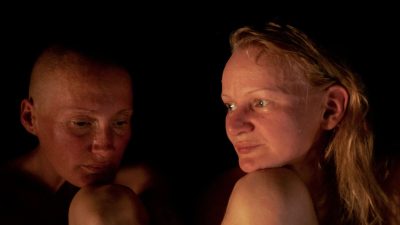
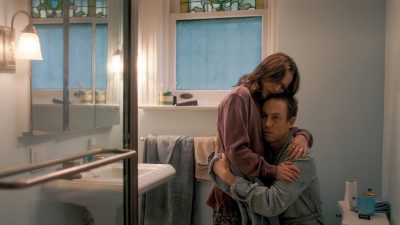
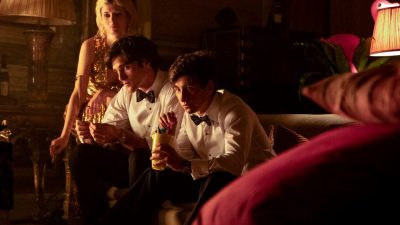
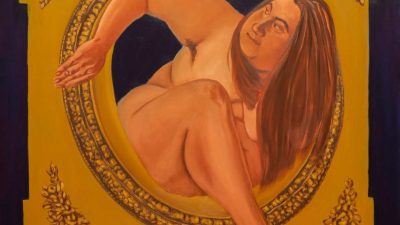
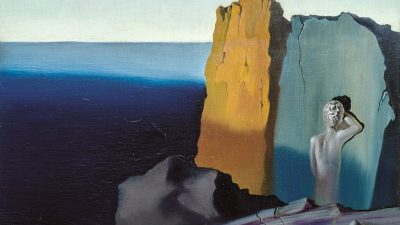



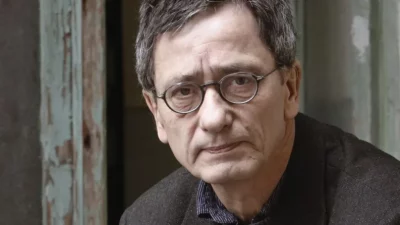




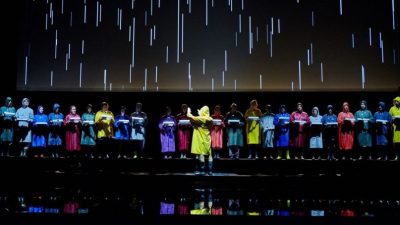





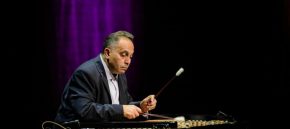


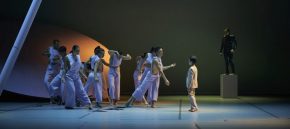


Comments